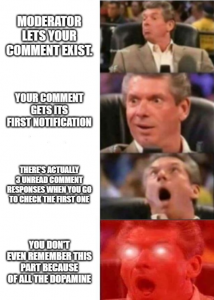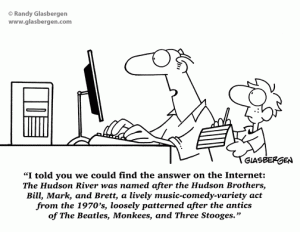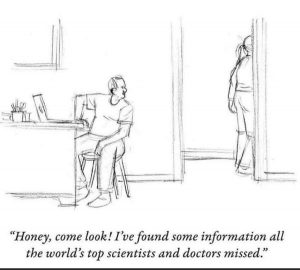As I explore the idea of developing an internet self-defence kit, I found each question I came up with led to many more. There are two aspects I am exploring in this latest post and that is how is all of our internet and app usage being paid for (as so much of the internet seems free) and how do companies work to keep our attention on-line. These two seem like part of the discussion as it brings up the question why is all of the money and expertise being expended on us, the users to keep us on-line, when, on the face of it, it would seem like it is a grand act of charity (and something tells me Facebook and Candy Crush weren’t primarily designed with altruism in mind).
I conducted searches in a number of areas (including UBC’s library site) but the riches source of information came from basic search engine searches as well as by following leads in the bibliography section of Joseph Turow’s book, The Aisles Have Eyes: How Shopping Retailers Track Your Shopping, Strip Your Privacy and Define Your Power, a shocking exploration of how advances in computer processing speeds has opened up the possibility of corporations to essentially analyze our behaviour to best merchandize it.
I am not sure how this will fold into a lesson or unit yet but seems logical to begin with some sense of why the internet is as it is and why so much is available for so little. The below meme gives us a hint about how they are grabbing our attention.



